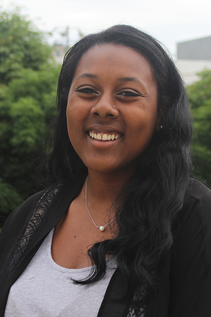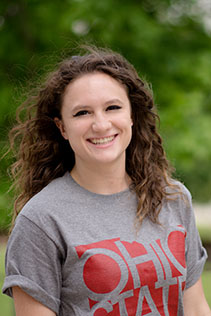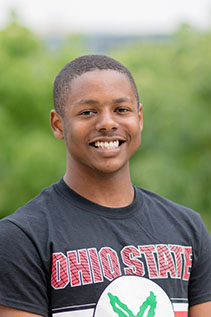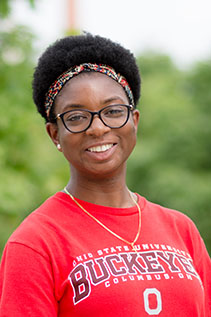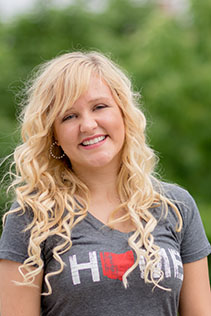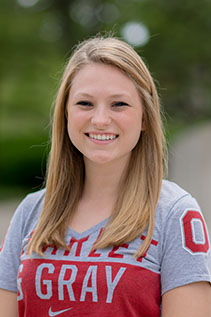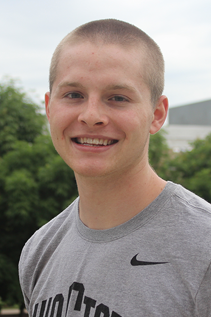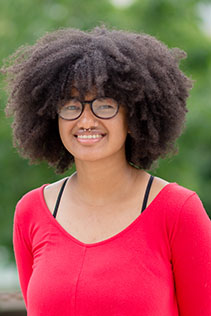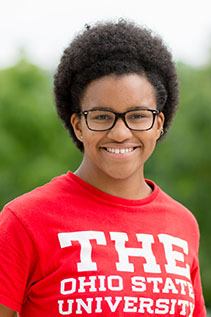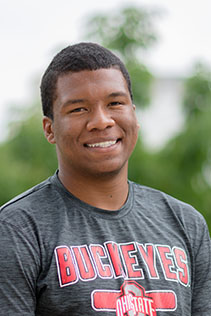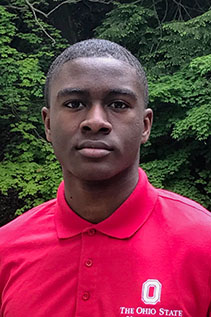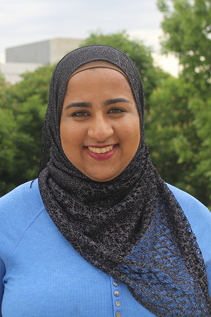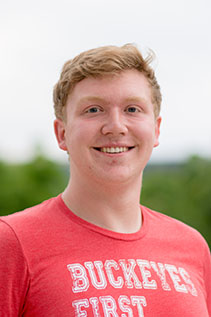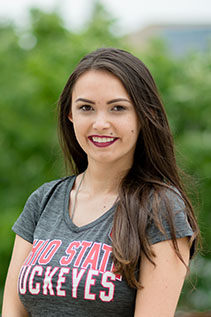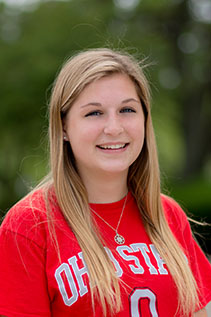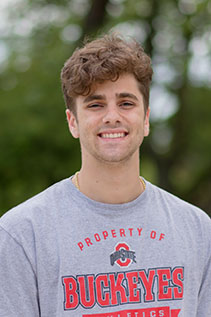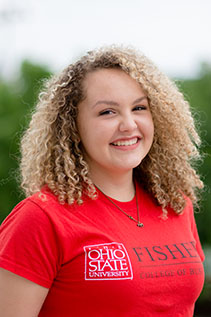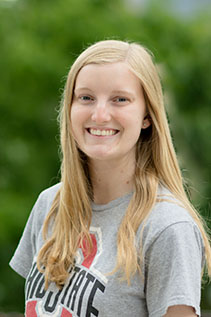
In light of Heather Campbell’s recent tragic death, a senior psychology major here at Ohio State, I feel compelled to share a message to the campus about the signs of domestic violence. If you haven’t read the story of her death, you can read the Lantern article here.
In this post, I’m going to reference a couple of things. One is a national organization that recently formed a group here on campus called OneLove, and another is a blog post by another Ohio State student sharing her story and experience with domestic violence from a few years ago.
The United States Department of Justice defines domestic violence as “a pattern of abusive behavior in any relationship that is used by one partner to gain or maintain power and control over another intimate partner. Domestic Violence can be physical, sexual, emotional, economic, or psychological actions or threats of actions that influence another person. This includes any behaviors that intimidate, manipulate, humiliate, isolate, frighten, terrorize, coerce, threaten, blame, hurt, injure, or wound someone.”
Being a victim of domestic violence could mean you’re the receiving end of abusive, or you’re living in a home where abusive behavior takes place; children who grow up witnessing domestic violence are among those seriously affected by this crime.
I think the conversation is important to have because in college the first real relationships we experience as young adults may start forming. We may ask ourselves every day whether or not we think a relationship is “going places”, but the line between a couple that’s not going anywhere or a couple that “has its problems” and a couple that exhibits abusive behavior can be a blurry one. Let’s map out the ten signs of an unhealthy relationship, defined by OneLove:
- Intensity. This can mean having extreme feelings or behaviors that feel like it’s too much, or maybe too much too soon. Saying rash statements too early in the relationship like “I love you” or “I want to marry you” after a week or two of dating could be an example, or anything that feels like the early-stage infatuation is more like an obsession.
- Jealousy. While completely normal to feel, this sign becomes unhealthy when the perpetrator lashes out or tries to control you because of it. If they get upset when you want to hang out with your friends or other people your partner may feel threatened by, if they accuse you of flirting or cheating with friends or classmates, or if they’re possessive over you even up until the point of stalking. (According to the National Coalition Against Domestic Violence, 1 in 7 women and 1 in 18 men become the victims of stalking, which causes the target to fear that she or he or someone close to them will be harmed or killed.)
- Manipulation. If your partner tries to influence your decisions, actions, or emotions. This one is difficult to spot, but if your partner is convincing you to do things you wouldn’t normally feel comfortable with and they’re not backing down or acknowledging your apprehension, it’s considered abusive. Frequent apologies and gifts to influence your decisions is also a tactic of manipulation.
- Isolation. Isolating you from friends, family, or any people is another sign. Your partner may make you choose between them and your friends, insist on spending all of your time together, and even influencing your judgement of your friends and family to the point of dependency on your partner for money, love, and acceptance.
- Sabotage. Your partner may purposely ruin your reputation by obstructing your schedule to make you miss work, class, practice, anything that makes you productive and gives you a place in the world outside of them. If they talk poorly about you behind your back or threaten to share private information that you shared with them to hold leverage over you.
- Belittling. If they constantly say things that insult you, hurt you, offend your friends and family, your physical appearance, etc. even if it’s all in “good fun”, eventually it adds up and turns dark, especially it felt a little painful in the first place.
- Guilting. Making you feel guilty or responsible for your partner’s actions. If they cheat on you and they blame you, saying things like if you had been a better partner then maybe they wouldn’t have cheated. If they threaten to hurt themselves or others on behalf of your decision to leave them is also an example of guilting, or if they pressure you to do anything sexual you don’t want to consent to.
- Volatility. If you feel like you’re walking on eggshells when speaking to your partner, like something you may say could accidentally cause them to explode on you, then this is an example of volatility. Mood swings, uncontrollable yelling, violent behaviors, threats, and causing fear in you. Volatility is also expressed in dramatic relationships that break up and get back together then break up and get back together again, feeling extreme highs and lows.
- Deflecting responsibility. While it’s usually true and possible that abusive partners are suffering from their own mental health problems, putting the blame on these does not give them extra leeway to act in abusive manners. Examples of deflecting responsibility can include blaming you or other people in their past for their actions today, using alcohol or drugs as reason to continue acting this way, mental health conditions, past relationship issues, or divorced parents as reasons for lashing out or making hurtful decisions like cheating.
- Betrayal. The difference in the way your partner acts around you and around others. They could be lying to you, purposely leaving you out of plans or conversations, being two-faced, or cheating.
Domestic violence and unhealthy relationships will feel cyclical, like recurring problems happening over and over again with the victim continuously needing to forgive the perpetrator, often feeling like they have no other choice due to mental and emotional manipulation or fear for physical harm on themselves, others, or their partner. The most common victims are women ages 18-24, so now is the time to know the signs and recognize them in your own or your friends’ relationships.
If you believe your friend may be in an abusive relationship, there are things you can do. Most likely, the person is in denial that anything “unhealthy” is happening, so they won’t share a lot of information or they’ll make up excuses for signs they’ve shown that you’ve noticed, like bruises or loud fights with their partner. Being an open ear that doesn’t force them into conversation is more important than ever. Saying things like “You’re always so fun to be around, I’ve missed you!” can make them feel loved and comfortable, and will encourage them to open up. Asking questions about specific behaviors instead of immediately throwing out labeling words like “abusive” will also trigger better responses from them, while the latter may cause them to shut down completely. Saying things like, “It kind of looks like your partner always wants to know where you are or what you’re doing or who you’re with. How does that make you feel?” Even sharing your own perspective about how it would make you feel if that were your partner can encourage them to see your perspective and reanalyze theirs. The conversation should remain friendly, not preachy. You’re not the counselor or the police officer, you’re the friend who could eventually hold their hand when they finally decide to go to those resources. Remember that relationships are complex, and that saying things like “just break up with them” won’t do any good; plus, you’re just another example of someone in their life trying to take control of their decisions. Continuously following up with them and offering resources at the right time can really help them get where they need to be. Some Ohio State resources currently available to students are Title IX and Student Legal Services, plus Counseling and Consultation Services to help with the post-relationship trauma.
If you believe your friend may be the abuser in a relationship, maybe ask questions about how the relationship has been going. If they exhibit signs of dissatisfaction with the relationship, nothing is wrong with asking questions about how you hear them screaming at each other a lot and you just want to make sure they can both enjoy a healthier relationship. Getting another mutual friend who has been concerned as well can help, and isolating the abusive partner and speaking from a place a love can get you a long way. Reaching out to the victim for advice on how to navigate the conversation can also be helpful, since the victim probably knows what sets them off the most. Just be aware that the victim may not want to talk to you about it, and may completely shut you out altogether. Abusers often feel the need to take control of their relationships because they don’t have control elsewhere in their lives, and identifying this can be a start to them realizing that the relationship is not the place to take it out, and that they need help. It is extremely possible that your friend will appreciate you reaching out and will want you to figure things out with. Mental and emotional trauma is not an easy thing to live with, but responding to it by abusing those around you are not acceptable, and we have a responsibility to address these actions when we see them.
If you’re still unclear about what an abusive relationship might look like, I encourage you to read this story about one Ohio State student and her experience, start to finish, with domestic violence.
Together, maybe we can save another Heather Campbell in this world.

